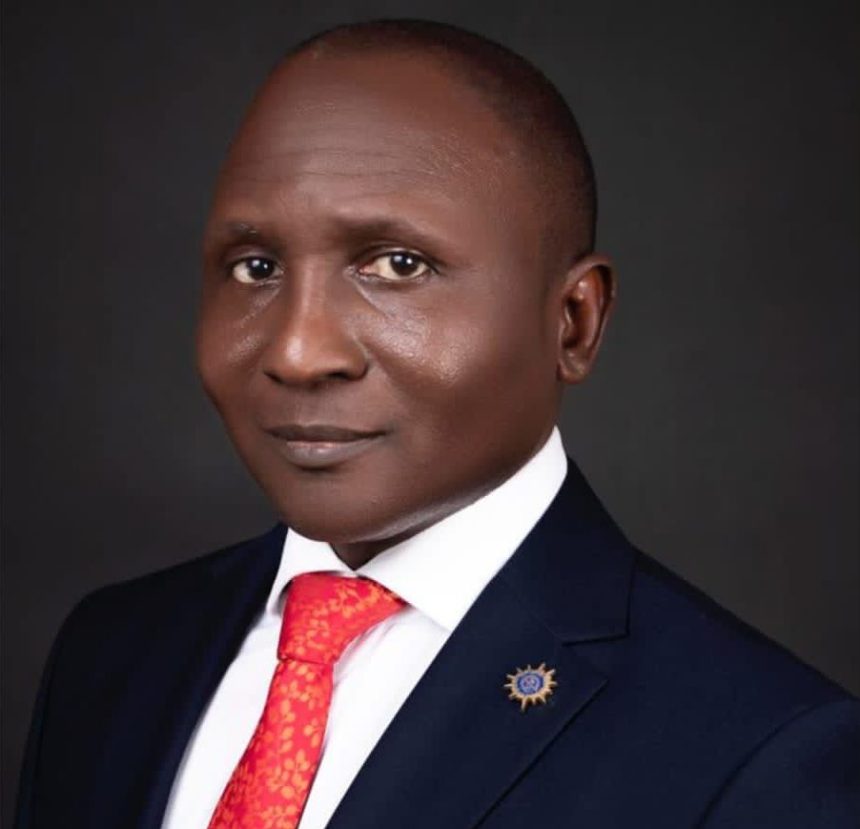During an investigative hearing on Tuesday, the House of Representatives Committee on Basic Examination Bodies questioned Josiah Dangut, the Head of the West African Examination Council Nigeria’s National Office, about an N6 billion deficit the institution had in 2023.
In addition, the committee questioned the examination organisation about the N5 billion loan it received in 2022 to buy personalised calculators.
Dangut was accompanied by Deputy Director of Finance, WAEC, Senior Deputy Registrar, Victor Odu, and Acting Director of Finance, Segun Jerumeh.
The committee rejected Dangut’s presentation of the agency’s cashbook, demanding instead that the agency submit its bank statements.
The committee decided that WAEC had to provide all of its bank statements from 2018 to the present within a week after receiving inadequate answers from the organization’s officials.
Committee member Awaji-Inombek Abiante stressed the need for accountability while characterising WAEC as recalcitrant.
“WAEC Nigeria was an uncooperative witness in this process, shielding and denying Nigerians the value of the country’s investment in that office. They should submit to this committee, in furtherance of this investigation, all the bank account statements of the office,” Abiante said.
The committee expressed dissatisfaction that only one of the eight submissions—the nominal roll—was made available by the examination body despite their request for information about their spending.
The panel sought an explanation for why WAEC spent N40 billion in 2023 but only made N34 billion. It also questioned how a ministerial board could not authorise a loan of up to N5 billion, let alone the examination body.
It asked the head of WAEC how many students took part in the 2022 exams, for which the N5 billion calculators were bought.
They also requested the agency’s external auditor’s profile and the engagement letters from the previous three years.
The committee questioned WAEC for paying half of the N532 million contract for building its Taraba state office, in violation of financial, public procurement, and financial norms.
Dangut asked for more time to provide the parliamentarians with the statement of account and other papers they had requested.
In order to prevent a large increase in expenditures as a result of inflation, he clarified that he had to pay 50% of the total amount of the Taraba office contract.
“Both the legislative house and WAEC are bound by the Constitution. As such, the committee expects full cooperation from WAEC, including the timely provision of all necessary documents to expedite our inquiry and report,” the panel chairman said.




